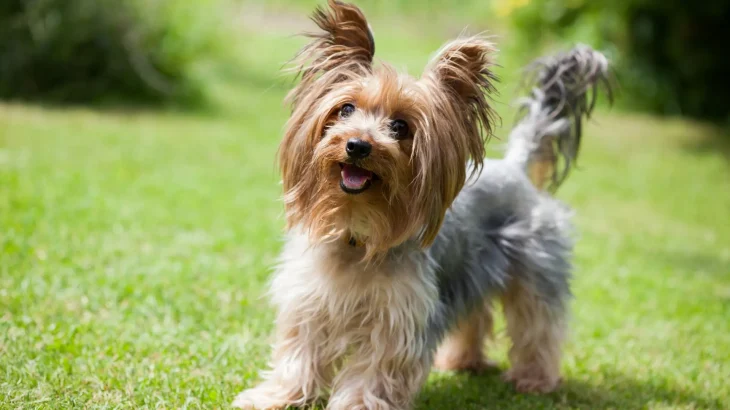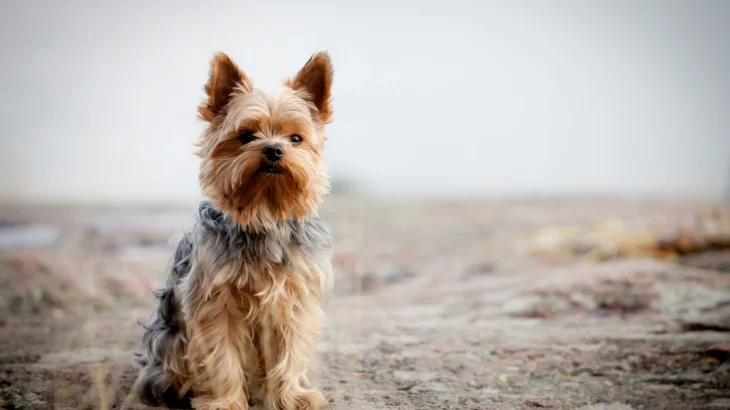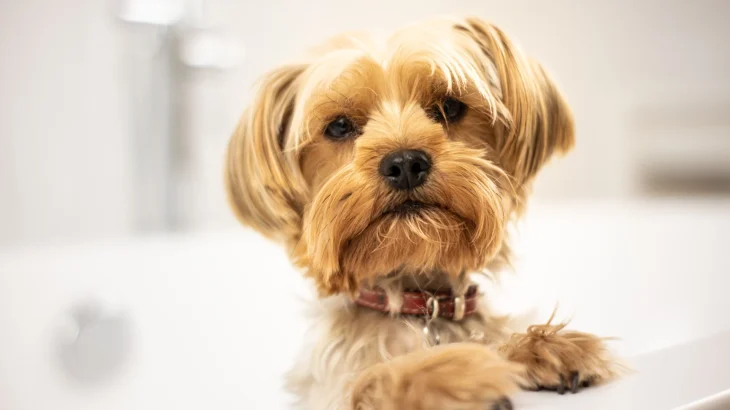Deciding between adopting or purchasing a Yorkshire Terrier puppy often depends on what the potential owner values most—whether it's the assurance of lineage and health or the chance to give a dog a second chance. Buying from a breeder usually means more predictable health and pedigree, while adoption offers a noble way to rescue a dog that might otherwise be overlooked.
| Criteria | Buying from Breeder | Adopting from Shelter/Rescue |
|---|---|---|
| Cost | Usually higher, often $1,200 to $3,000 for Yorkshire Terrier puppies. | Lower fees, typically $50 to $300, often including vaccinations and spay/neuter. |
| Health History | Usually detailed records and genetic screening from responsible breeders. | Health background may be unclear, but shelters provide basic health screening. |
| Age Availability | Primarily puppies, allowing early socialization and training. | Various ages, including adults and seniors. |
| Temperament Insight | Breeders provide info on typical breed traits and lineage temperament. | Shelter staff share behavior observations; long-term temperament history may be limited. |
| Ethical Considerations | Supports breeders who focus on health and temperament through ethical breeding. | Supports animal welfare by giving homes to dogs in need and reducing shelter populations. |
| Breed Purity & Pedigree | Pedigree certificates and breed purity assurance usually provided. | Breed background might be mixed or unknown, often without pedigree documentation. |




















































